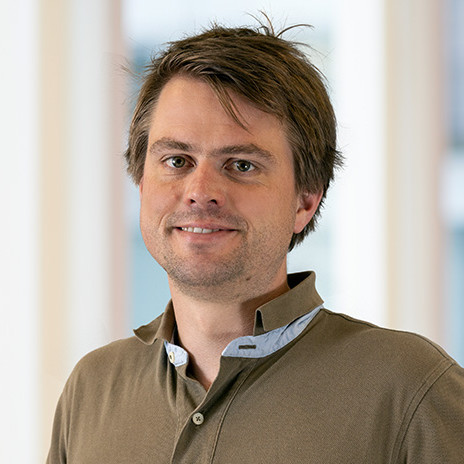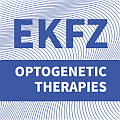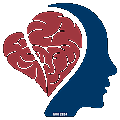Vegetative Optogenetics
Optogenetics is a recently developed method allowing to control cellular behaviour with light after genetic manipulation. Thereby, optogenetic stimulation provides an unprecedented combination of cell-specificity and spatial as well as temporal precision and is an unique opportunity to investigate and understand the physiology and pathophysiology of muscle cells, their function within intact organs and how they are communicating among each other.
In our working group, we establish new optogenetic approaches, use them for specific scientific questions in muscle physiology and try to develop new translational approaches.
Projects
1. Establishing new optogenetic methods
Nowadays, we have a myriad of optogenetic tools at hand for light-induced depolarisation, hyperpolarisation, protein-protein interactions and activation of G-protein signaling. We characterize new tools and tailor them for specific scientific questions as well as translational approaches.
2. Muscle physiology
Excitation and contraction of muscle cells is fundamental for our movement, the blood supply of our organs by the heart beat as well as many other organ functions. We use optogenetic approaches to specifically stimulate cellular processes to understand their function as well as role within the whole organ. Using optogenetic stimulation we explore the generation, maintenance and termination of cardiac arrhythmia and to investigate excitation contraction coupling in skeletal muscle.
3. Translational approaches
In clear contrast to electrical stimulation, optogenetic stimulation can be performed cellspecific and thus painfree. This advantage is especially important when high energy is required, for example to terminate cardiac arrhythmia, or when the stimulation has to be performed in very sensitive areas like the larynx. Importantly, we are still facing major hurdles on the route to clinical applications in the future and we try to optimize the gene transfer to express optogenetic proteins and characterize a possible immune response against the gene transfer.
Contact

contact information
- telephone: +49 551 3965526
- fax: +49 551 395895
- e-mail address: tobias.bruegmann(at)med.uni-goettingen.de
Professor of Physiology and Pathophysiology
This might also interest you






